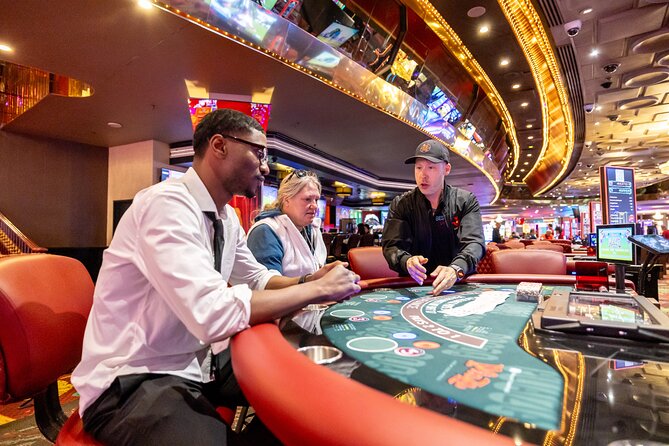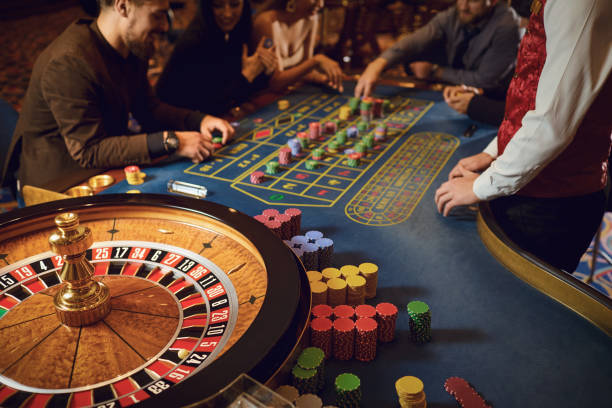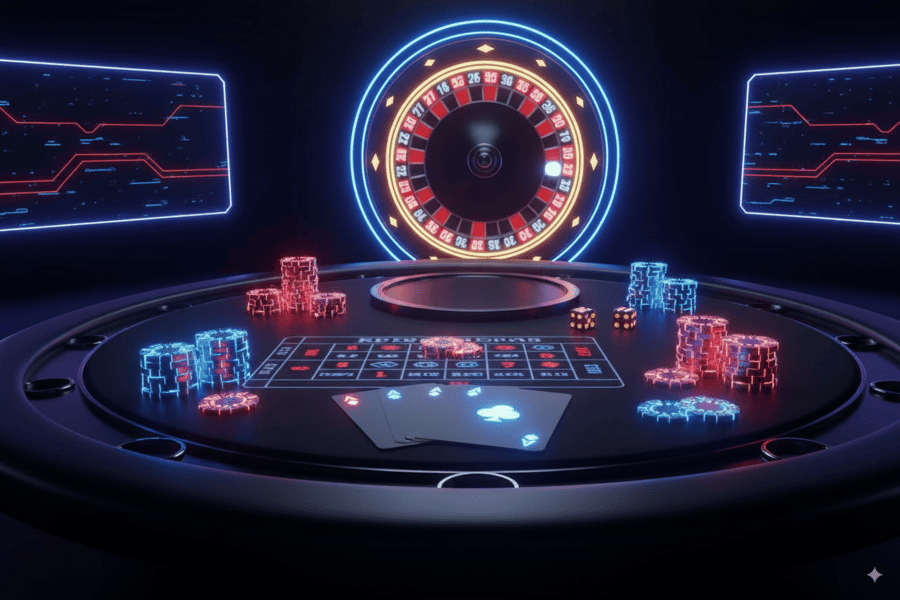
Gambling and the Point of No Return: When You No Longer Play to Win, but Simply Cannot Stop Playing
Gene
- 0
The Game After the Game
In the beginning, you log in with hope. Maybe it’s the promise of a jackpot, maybe it’s the comfort of routine, or maybe it’s just the thrill of seeing the reels spin. But somewhere along the way, winning stops being the point. You find yourself clicking through Casinoly login not to achieve something, but to keep something going – a tension, a rhythm, a constant hum of activity that has taken root in your nervous system. This is the point of no return in gambling: the stage where the game’s end is no longer desirable, and the act of playing itself becomes the goal.
The Definition of the “Point of No Return”
Psychologists use the term to describe a mental threshold where behavior continues without regard to the original motivation. In gambling:
- At first, play is tied to a concrete outcome (winning money).
- Later, play becomes about maintaining a psychophysiological state – a cocktail of dopamine, adrenaline, and cortisol.
- Eventually, stopping feels like losing more than any lost bet.
Why Winning Stops Mattering
1. The Shift from Goal-Oriented to State-Oriented Behavior
In early gambling phases, the brain associates the activity with extrinsic rewards – the payout. Over time, intrinsic rewards take over: the suspense before the spin, the momentary relief after placing a bet, the micro-rituals before clicking “spin.”
2. The Paradox of the Win
A large win can short-circuit the system:
- It fulfills the original goal too early.
- Instead of satisfying the player, it triggers fear of losing the “state” the game provides.
- The player continues not to gain more, but to avoid losing the emotional flow.
Neurochemistry: The Biological Trap
Dopamine Beyond Winning
In gambling, dopamine isn’t just released on wins – it’s released in anticipation of the outcome. This means:
- The spin before a loss can be as chemically rewarding as the spin before a win.
- Over time, the brain prioritizes anticipation over outcome.
Cortisol and the Stress Loop
Repeated gambling raises cortisol levels:
- Moderate cortisol keeps attention sharp.
- Chronic cortisol keeps the player in a state of urgency even when not playing.
- Stopping feels like a withdrawal, with agitation and mental restlessness.
The Micro-Rituals of Endless Play
Many compulsive players develop personal pre-bet rituals:
- Clicking the spin button three times.
- Always starting with the same stake.
- Waiting for “lucky” moments in the clock.
These habits create anchors in the brain, making the idea of skipping a session feel incomplete, even unnatural.
Emotional Anchors: The Invisible Weight
By the time the point of no return is reached:
- Losses feel abstract – numbers on a screen.
- Sessions feel inevitable – part of the daily routine.
- Stopping feels threatening – as if stepping out of an emotional climate you’ve adapted to.
The Comfort of the Loop
Ironically, many players in this stage are not unhappy in the short term. The predictability of:
- Logging in.
- Seeing familiar colors and animations.
- Hearing the same sound effects.
…creates a form of synthetic stability. The loop becomes a protective shell against the unpredictability of life.
When Online Casinos Replace Real-Time Structure
Especially with 24/7 platforms:
- There is no natural end to a session.
- There are always new promotions, events, and bonuses.
- The system mirrors infinite scrolling on social media – designed to make stopping arbitrary.
This lack of closure is critical to how the point of no return sustains itself.
Case Study: The Player Who Feared Winning
One player reported:
“When I’m close to hitting my goal, I lower my bet or play slower. Winning too much too quickly kills the momentum.”
This shows how success itself can become a threat to the ongoing emotional state.
The Social Disappearance Effect
Players deep into compulsive cycles often:
- Decline social invitations.
- Play in hidden browser tabs during work.
- Structure weekends around “quiet time” to gamble.
It’s not isolation for peace – it’s isolation to protect the loop.
The Myth of the Big Turnaround
The fantasy of a final, decisive win that “ends it all” is common. But in reality:
- A big win often resets the cycle at a higher baseline stake.
- It reinforces the habit instead of breaking it.
- It deepens the attachment to the state, not the goal.
The Industry’s Role – and Its Blind Spots
Designed for Retention
Modern casino UX is optimized to:
- Reduce friction between play sessions.
- Offer bonuses exactly when engagement metrics dip.
- Keep the game state “warm” in the player’s mind.
The Ethical Tension
Retention is good business. But for players beyond the point of no return, it’s accelerating a descent into endless play without purpose.
Psychological Theories Explaining the Trap
- Flow Theory – The game provides just the right balance of challenge and skill to keep attention locked in.
- Variable Ratio Reinforcement – The most addictive reward schedule known in behavioral psychology.
- Cognitive Dissonance – The brain justifies continuing because stopping would mean admitting the past losses were pointless.
Breaking the Cycle: Is It Possible?
Recognizing the Signs
- You no longer set withdrawal goals.
- You extend sessions without realizing it.
- You feel more relief in starting a game than in finishing it.
Intervention Points
- Time-bound sessions rather than goal-bound.
- Disabling push notifications.
- Introducing friction – requiring extra logins, delays, or confirmations before bets.
The Cultural Reflection
In some ways, the point of no return in gambling reflects:
- Society’s growing comfort with continuous engagement (social media, streaming).
- A shift from valuing outcomes to valuing ongoing experiences.
- The blurring line between playing and being played.
Conclusion – The Game Without End
The point of no return is not just a gambling problem. It’s a life pattern problem. Once the act of playing becomes the end in itself, winning and losing lose their meaning.
Logging into casino at this stage isn’t about chasing a jackpot – it’s about sustaining a carefully tuned emotional state that feels safer than stopping.
The real gamble is not the spin – it’s whether you can step away from the loop before it swallows the rest of your time.


